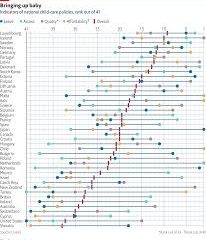The Role of Tests in Education: Importance and Impact

Introduction
In the realm of education, tests serve as pivotal tools for assessing student knowledge and understanding. They not only evaluate learning outcomes but also provide insights into the effectiveness of teaching methodologies. With the ongoing debates surrounding educational standards and student performance, the role of tests has gained substantial relevance, drawing attention from educators, parents, and policymakers alike.
Significance of Testing in Education
Tests are essential components in the educational landscape, intended to measure students’ grasp of various subjects. According to the Department for Education, standardized tests can help identify educational gaps and inform instructional practices. They allow teachers to tailor their approaches based on student needs and learning trajectories.
Moreover, assessments, such as the SAT and GCSEs in the UK, are critical for higher education admissions and scholarship opportunities. These tests ensure that students meet a certain standard of knowledge before progressing to the next level. They also provide a benchmark for comparing performance across different schools and regions.
Current Trends in Testing
The field of educational testing has evolved significantly, particularly with the integration of technology. The COVID-19 pandemic accelerated the shift towards online testing, prompting institutions to adopt more flexible assessment methods. Remote assessments are being designed to reduce pressure on students while maintaining academic integrity and fairness.
However, the rise of technology has also led to concerns regarding its implications on student mental health. Studies show that high-stakes testing can contribute to anxiety and stress among students. Educators are now exploring alternative forms of assessment, such as continuous and formative assessments, which focus on monitoring student progress over time rather than relying solely on one-off tests.
Conclusion
As the educational landscape continues to transform, the importance of tests will remain a key topic of discussion. While they provide a necessary structure for evaluation and comparison, it is equally crucial to balance testing with holistic educational approaches that support student well-being. Future directions in testing may entail the development of methods that are more inclusive and beneficial for all learners. Ultimately, understanding the implications of tests can help shape a more effective and humane education system.








